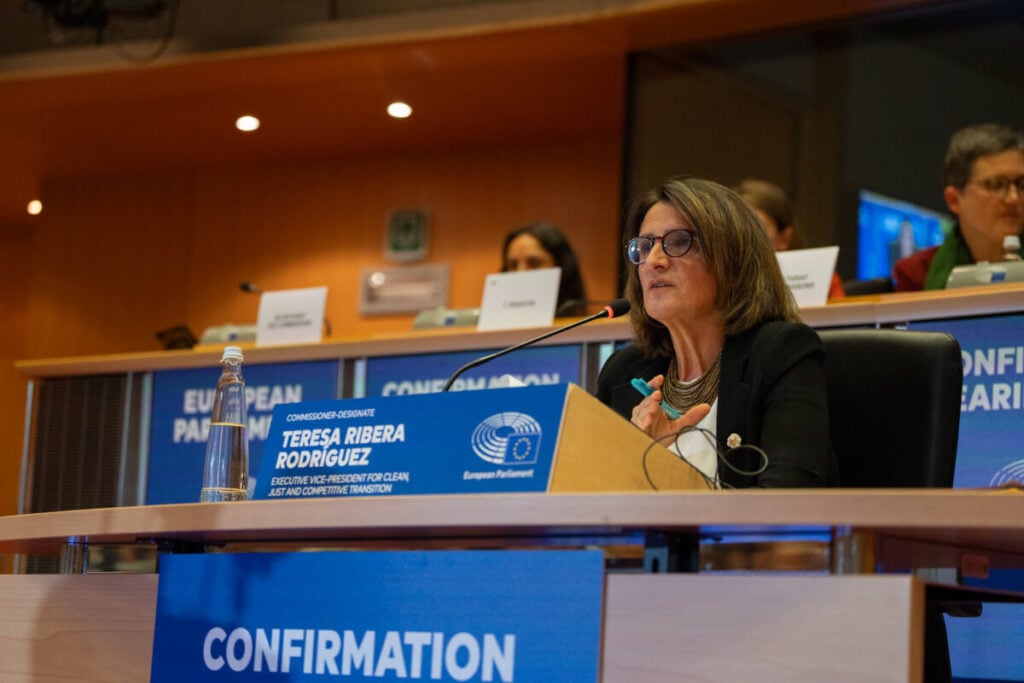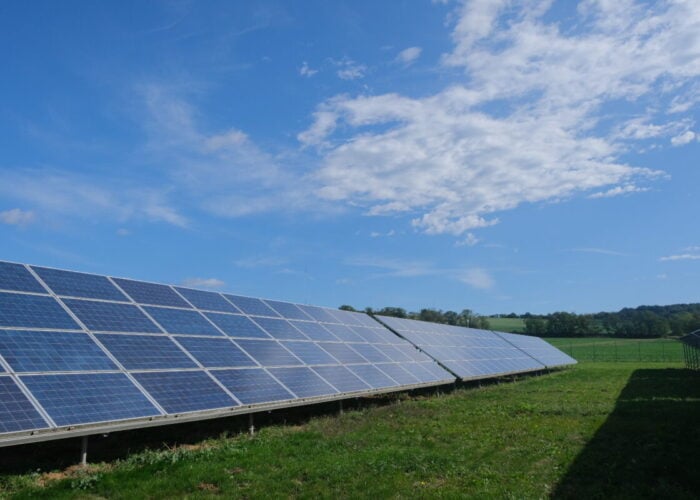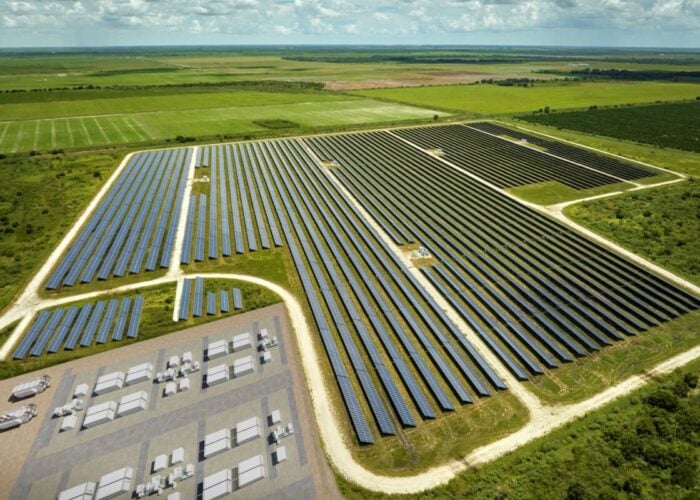
The European Commission (EC) has launched a consultation seeking feedback on the State aid Framework accompanying the Clean Industrial Deal (CISAF), a component of its Clean Industrial Deal that looks to accelerate the deployment of new renewable energy capacity.
The EC plans to enact the CISAF in June this year, and “interested stakeholders” can submit comments to the commission until 25 April.
Unlock unlimited access for 12 whole months of distinctive global analysis
Photovoltaics International is now included.
- Regular insight and analysis of the industry’s biggest developments
- In-depth interviews with the industry’s leading figures
- Unlimited digital access to the PV Tech Power journal catalogue
- Unlimited digital access to the Photovoltaics International journal catalogue
- Access to more than 1,000 technical papers
- Discounts on Solar Media’s portfolio of events, in-person and virtual
In its current form, the CISAF aims to deliver on four goals to grow Europe’s installed renewable energy capacity and decarbonise its industries: simplify the tender processes to enable the permitting of more clean energy capacity; enable member states to set up tender-based schemes or directly finance projects that decarbonise industrial operations; allow member states to invest in aid schemes for the development of clean energy equipment including solar panels, batteries and wind turbines; and implement measures to de-risk private investments into these sectors.
“Today’s proposal aims to ensure that member states can provide support – where needed – to accompany the ambitions of the Clean Industrial Deal without causing undue distortions of competition in the single market,” said Teresa Ribera, executive vice-president for the clean, just and competitive transition at the EC. “We encourage all interested stakeholders to share their views.”
The launch of the consultation follows the unveiling of the Clean Industrial Deal last month, at which point the EC specified that the programme would aim to deliver €100 billion (US$105 billion) for clean energy manufacturing in Europe, and include a specific “made in Europe” criterion to encourage greater use of renewable energy products and components made in the EU.
While the CISAF draft has not provided further detail on the specifics of this criterion and how it will be assessed, legislative support will likely be needed to strengthen the continent’s manufacturing sector. A report published by trade body SolarPower Europe last week found that Europe’s solar manufacturing sector not only lags behind that of the US and China in terms of raw production capacity, but that European manufacturers have a disproportionate focus on the downstream parts of the manufacturing supply chain.
Building on the TCTF
The CISAF builds on the Temporary Crisis and Transition Framework (TCTF), a programme implemented to facilitate aid in the fishing and agriculture sectors following Russia’s invasion of Ukraine, which resulted in concerns about food self-sufficiency in Europe.
Under this framework, the EC has approved several billion Euros of state aid schemes in the renewable power sector, including a €9.7 billion programme in Italy, a €2.9 billion scheme in France, a €1.2 billion Polish project and a €1 billion initiative in Portugal. The French and Polish schemes, in particular, looked to improve the countries’ renewable energy manufacturing capacity.
When asked about the work of the CSIAF and the TCTF, the European Solar Manufacturing Council (ESMC) told PV Tech today that both will be an important part of reforming the EU’s state aid rules.
“We welcome a thorough reform of state aid rules. European solar manufacturing companies need quick access to financing from the EU and its member states. We need a fast track to secure both capital and operational funding for solar PV projects,” Jens Holm, ESMC policy director told PV Tech.
“The TCTF has been a welcomed example of quick and simplified state aid, but further improvements are needed. Aid ceilings should be higher, the granting process must be faster, and the EU must also provide access to operational funding (OPEX), which is currently not the case. We hope the EU will develop a state aid system for clean tech manufacturing that can truly compete with the US Inflation Reduction Act (IRA).”
The EC expects the experience gained through these programmes to help with the implementation of the CISAF, which will replace the TCTF when it comes into force and be in effect until the end of 2030.







